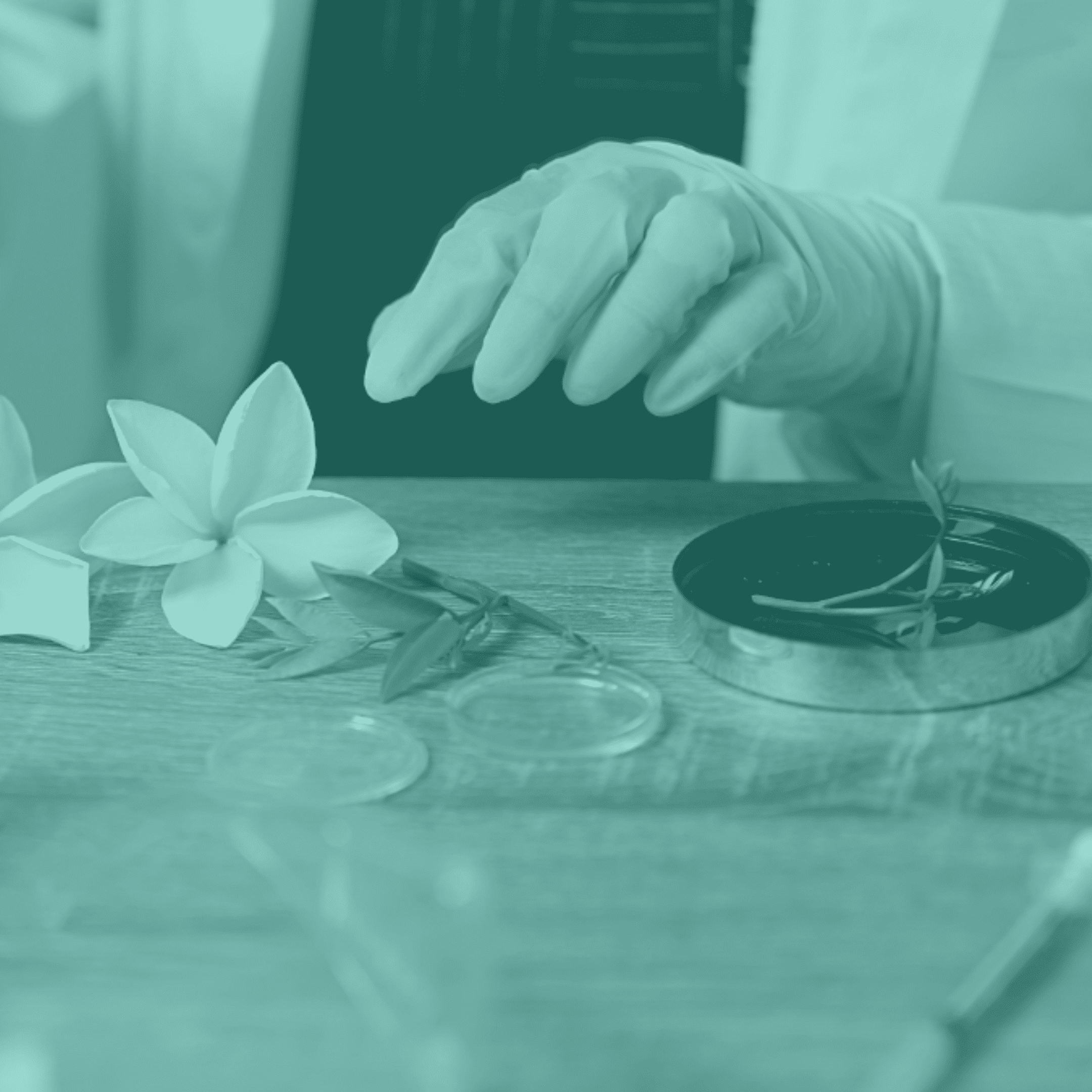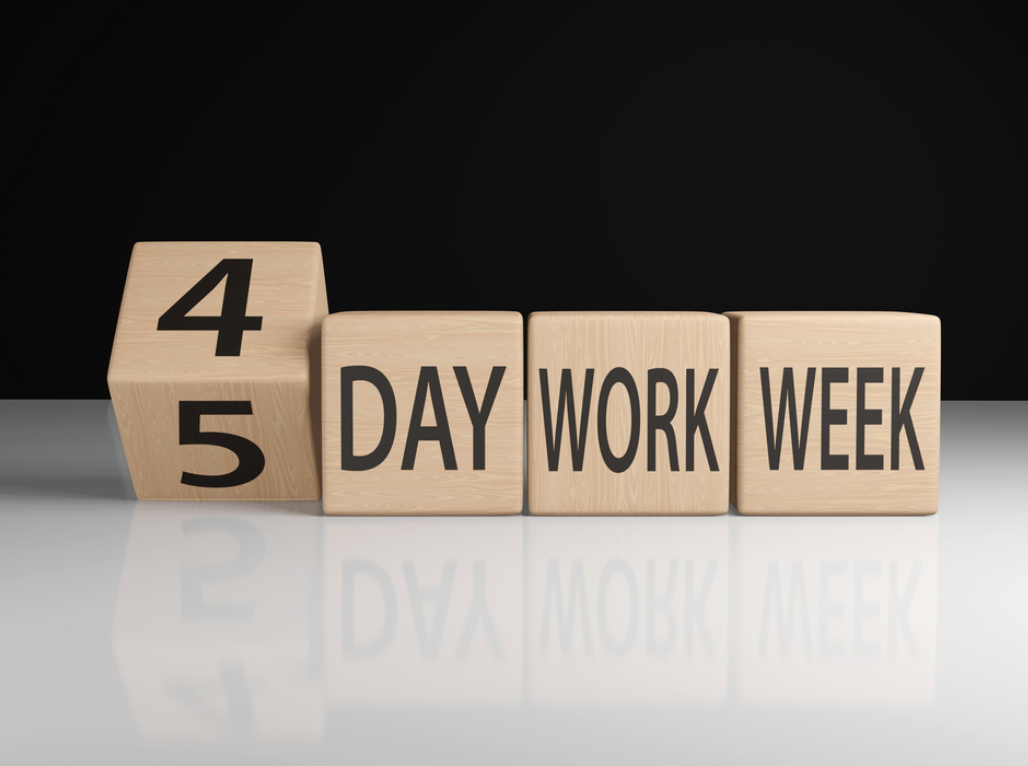One innovation skill you can’t do without in 2021.

Recent posts

From Firefighting to Innovating: 4 Strategies to Carve Out Space for Creativity
Zoe Aitken • 29 August 2024

COORDINARE’s Four-Day Week Success: 3 Powerful Lessons You Need to Know
Charlotte Rush • 29 August 2024

Everything I thought I knew about Work was Wrong: My Eye-Opening CEO Journey
Tina McIntosh • 1 August 2024
There is no question of the importance of innovation right now. It is a critical muscle for getting a business back to growth. But there is one innovation skill that is surpassing the rest in the current climate. It is a skill that some of the worlds’ most innovative companies have attributed to helping them survive and thrive during this COVID-19 period. And it is one that you must master, if you haven’t already. That is ‘experimentation’.
Experimentation was originally a tool used by start-ups and large tech companies to quickly and leanly test their ideas. But it hasn’t taken long for others to see the benefits, and it is now being used by all sorts of companies to test their ideas in high levels of uncertainty.
Below are five reasons why it is time to build your experimentation muscle in 2021:
- History can’t help us
We are operating in never-seen-before circumstances, and our past experiences can actually hinder effective decision-making. Things are changing so quickly, that what worked yesterday has no guarantee of working today. Many of us have never experienced or had to navigate through such ambiguity in our professional lives (and personal lives for that matter!), but this is where experimentation can help.
Experimentation is a process for decision-making that is anchored in the here and now. It acknowledges that you are working with imperfect and incomplete information. The only thing that you need to run an experiment is an idea. Then you can systematically test your riskiest assumptions, to determine whether they are true or not.
- No-one has all the answers
As Rita McGrath, Professor of Management at Columbia Business School, rightly said “arguments about who’s right or wrong are pointless, because we simply don’t know”. No-one has all the answers about which ideas will work and which won’t. And anyone’s opinion is most likely informed by past experiences, which, as we’ve just discussed, are mostly irrelevant.
The worst stance a business can take is one of inaction, paralysed through indecision. Experimentation is a tool that allows you to take action without having all the answers. You can slowly build your learnings, by turning your assumptions into knowledge, one experiment at a time.
- We need to preserve valuable resources
No business has an endless supply of resources. Whether that be people, time or money, we need to make sure that they are directed to the things that will create maximum value.
Through experimentation, you chunk your ideas down into micro-experiments. So rather than throwing 100% of your resources at an idea upfront, you decide whether it warrants further investment as you go. This means that you can learn quickly and cheaply, without over-resourcing.
- Customers are wide open to new solutions
A common concern expressed around experimentation, is that businesses are don’t like offering ‘less than perfect’ solutions to their customers. They are worried that involving customers in an experiment might damage their reputation.
In actual fact, the opposite is often true. You might be surprised how willing your customers are to participate in an experiment, particularly if your idea solves a frustration for them. At a time when new customer problems and opportunities are popping up almost on a daily basis, many customers will value progress over perfection.
- We can’t predict our customer’s behaviour
While we might think we know how our customers will react to our ideas, there is no way of confidently knowing until we get them in front of them. Even our customers themselves can’t predict how they will respond, until they are in the moment of buying or consuming.
Experimentation is designed to measure customer behaviour in the here and now. Therefore, it is far more reliable than any predictions that are anchored in either ours or our customer’s past experiences. Ultimately, there is no way of knowing whether an idea will be a success, until you put it out there.
Businesses who have already built expertise in experimentation will be in a much stronger position to steer themselves through the murky COVID-19 waters in 2021. But it is not too late for those who haven’t, as now is the perfect time to get started.